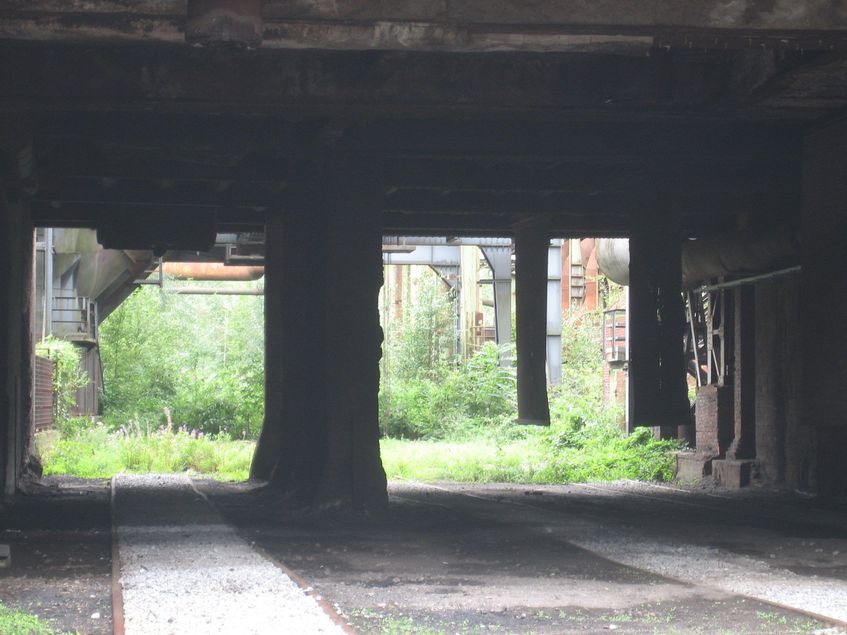Commentary Value in the web of life, or, Why world history matters to geography
Abstract Critical geography as a field has yet to reckon with a fundamental geographical blind spot: the historical- geographical patterns of capitalism as a whole. There has been a steady—and studied—reluctance to grapple with capitalism as a historical-geographical place. A […]
Commentary Value in the web of life, or, Why world history matters to geography









